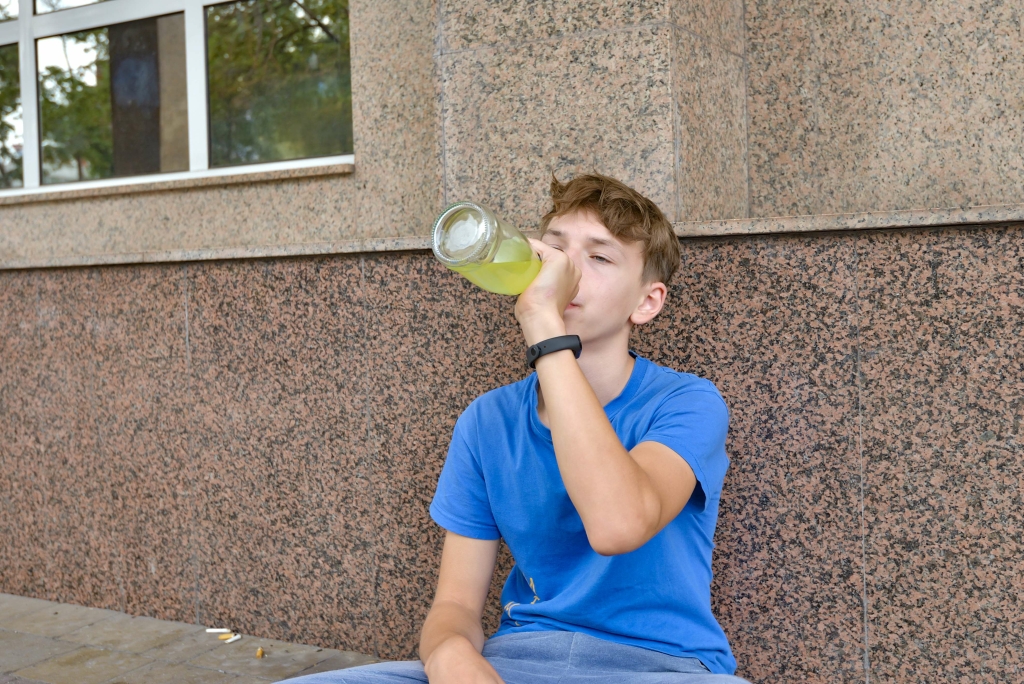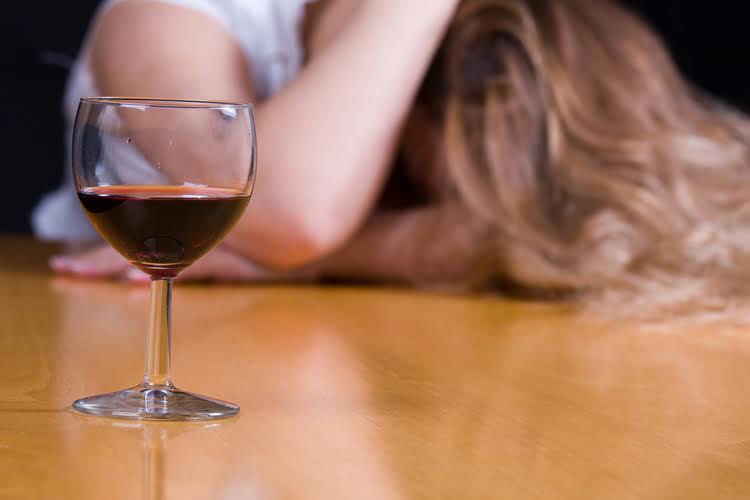She has a Master’s degree, undergraduate degrees in English and Sociology, a diploma in Holistic Herbal Therapy, and is trained in mental health first aid, anti-violence work, and peer support work. Staying sober requires a person to analyze the reasons why they were using the substance, identify their personal triggers for relapse, and avoid falling into a pattern of use again. Triggers for using drugs and alcohol typically are people, places, and things that remind you of your addictive behavior or encourage the use of substances you’re http://www.nnre.ru/zdorove/yetyudy_o_prirode_cheloveka/p1.php avoiding. If you don’t control codependency, it can lead into more serious complications such as obsessive behavior, blame, and mental health issues.
- Intoxication can also present other unpredictable events, including physical dangers.
- Soberistas is a social network that connects people who are trying to overcome alcohol misuse or continue on the path of abstinence.
- Joy Sutton, host of American Addiction Centers’ (AAC) Sober Thursdays, met with four current employees of the nationwide leader in addiction treatment.
- Ask about new strategies that they learned in treatment or meetings.
Tips for success in alcohol recovery
They also have a higher risk of developing AUD or other substance use disorders themselves. Loving someone with alcohol use disorder (AUD) often feels like walking a tightrope. It can be difficult to know what to do to minimize conflict and stress, support your loved one, and tend to your own needs at the same time. For many people with a substance use disorder, it’s simply a matter of never having learned the appropriate way to manage anger. Talk to your therapist, other healthcare provider, or sponsor about how to deal with your anger in ways that won’t cause you to harm yourself or others or turn to alcohol or drugs.
What Is Sobriety, Anyway?

Since withdrawal symptoms tend to ebb and flow, you may be tempted to feel like you’re not making progress ― even though in reality, you’ve come a long way. While the abstinence stage of withdrawal causes mostly physical symptoms, post-acute withdrawal is very psychological and emotional. During this stage, most people focus their energy on coping with cravings and resisting the urge to drink. Recovery from alcohol addiction generally follows the stages of abstinence, withdrawal, repair, and growth.
How to Live With a Recovering Alcoholic

In addition to treatment programs for people with AUD, there are also support options available to those living with someone with alcoholism. On the other hand, if you are living with an alcoholic who is the breadwinner https://newsplaces.net/do-not-save-otherwise-it-will-come-out-sideways.html of the household, you may not have the financial means to leave the household or the relationship. As a result, you may feel like you are trapped in an unsafe or unhealthy living situation. Having someone intoxicated on a consistent basis can be stressful and cause anxiety over what’s going to happen next. You might feel guilty about the situation, eventually leading to depression. Your loved one’s addiction might also start taking a financial toll.

Don’t blame yourself
This shift has been instrumental in encouraging open dialogue about the impact of alcohol on mental and emotional well-being. Some people may feel so “broken” that they almost feel they can no longer experience joy and confidence, or have healthy relationships again. Although many people are tempted to make other major life changes during this stage of recovery, such as changing jobs, experts recommend focusing energy on stopping drinking for at least the first year. If you think you may have a drinking problem, you’re definitely not alone. In 2021, researchers estimated nearly 30 million people ages 12 years and older in the United States had alcohol use disorder (AUD).
- These changes include the shrinking of certain parts of the brain, such as the hippocampus, which plays a role in memory formation.
- Many people do not feel joining groups or clubs will offer valuable assistance, but in your situation, a support group is a must.
- If they refuse to seek help or even discuss it, remember that your safety and well-being are top priorities, and you should consider removing yourself from the living situation.
- Below, find tips for live-in couples in which only one party drinks.
- The best thing you can do in the midst of this is be ready and willing to listen to their frustrations and be sure not to blame yourself for their emotional difficulties, whether it’s anger or sadness.
Peru’s Machu Picchu journey is like a time machine to the 15th century, where wandering Cusco’s colonial streets, the Sacred Valley’s mountain paths and the massive Andean peaks put life into perspective. Consider these sober vacation tours that’ll give https://www.mobipower.ru/modules.php?name=Pages&pa=showpage&pid=24 you all the natural highs without alcohol-fueled lows. Many younger people are redefining what it means to have fun without the need for alcohol. For younger generations, meaningful social experiences are less about following traditional scripts and more about creating inclusive and intentional environments. According to the World Health Organization, alcohol is linked to more than 200 health conditions, including cancer and liver disease.

They can help you not only explore therapy options for your spouse and your entire family but also identify tailored treatment programs to meet the unique needs of your loved one. Aside from 12-step programs, we sought to provide various online options that cater to different learning styles. The variety of online sobriety support groups available provides a tailored approach rather than a one-size-fits-all model. Another component of dual diagnosis treatment is family therapy.
Avoid Old Habits and Toxic Relationships
However, along with millennials, they are also more likely than older generations to seek treatment or therapy from mental health professionals. Your body has acclimated to quitting drinking over the past couple of years. That said, there are four general stages of recovery, as compiled by addiction expert Steven M. Melemis, MD. These stages can help prevent relapse and support people to live healthier, fuller lives.
